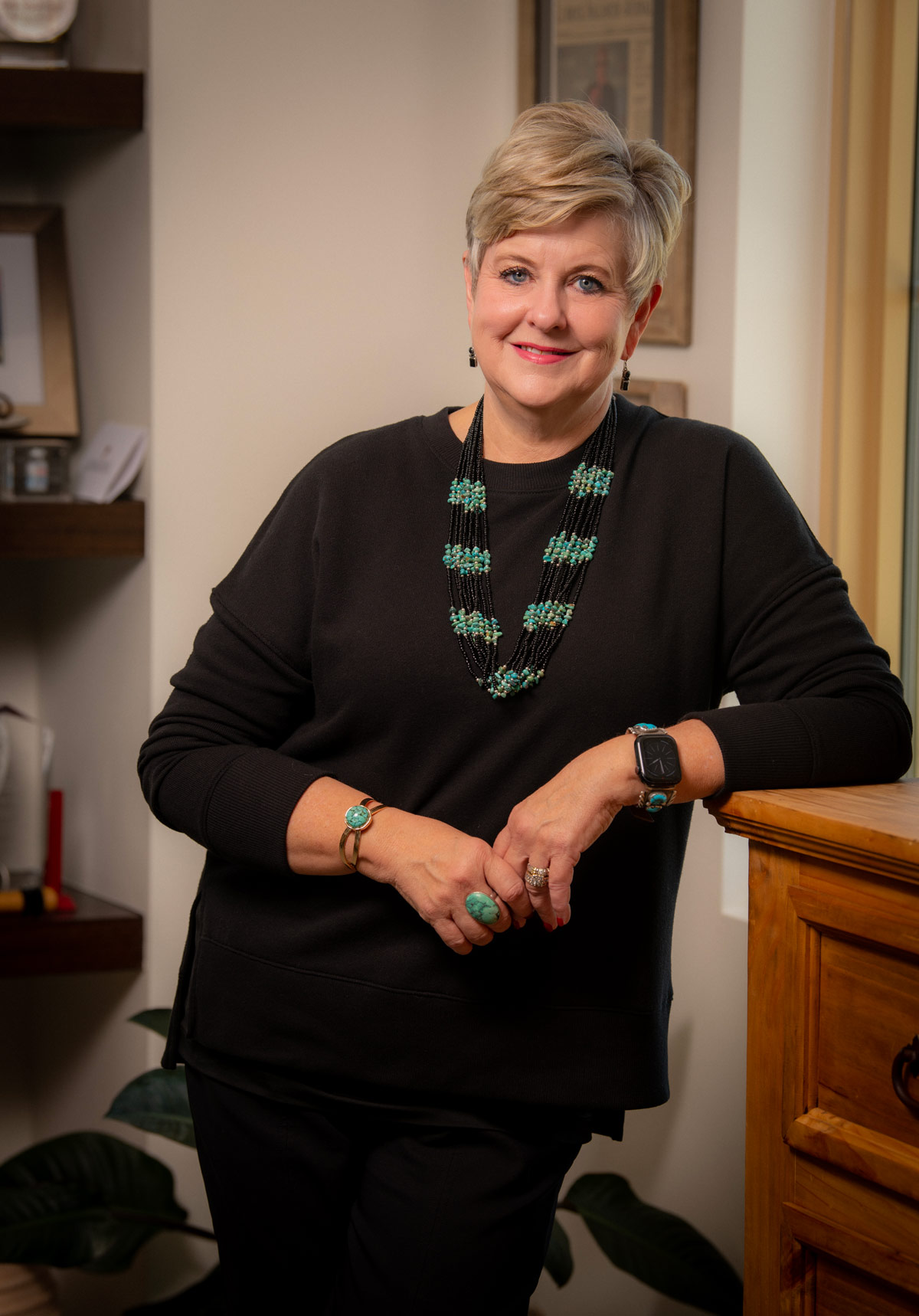Health Matters A Letter from Our President



Our Commitment to Closing the Cancer Gap
One of the most impactful memories I have of growing up in Odessa, Texas, was the year we made the 1,000-mile round-trip drive to Houston, Texas, to the University of Texas MD Anderson Cancer Center. My grandmother had been diagnosed with a rare form of thyroid cancer. At the time, there wasn’t a cancer expert in West Texas, and TTUHSC was in its infancy.
We made that long journey many times, and it took a toll on her and our family. I know many of you may have faced similar challenges in getting the best health care for yourself or your family members — and we are working to address that across our state.
Everything we do at TTUHSC is considered through our vision of transforming health care through innovation and collaboration — including our approach to closing the gap on access to quality cancer care for the Texans we serve.
The Big Cure is a strategic initiative to establish a surgical oncology fellowship, partnering with the John Wayne Cancer Foundation. This fellowship will allow us to recruit and train physicians in advanced cancer care and increase the number of experts in the region.
According to the Association of American Medical Colleges, 66% of physicians who completed residencies in Texas remain to practice in the state compared to the 33% who come to Texas to practice after specialty training in another state. Statistics also show that physicians most often stay to practice where they complete their specialty training. TTUHSC’s “grow our own” approach has been the model from inception, and it makes sense for addressing cancer in this region, where the cancer mortality rate is higher than in urban areas across the state.
The fellowship also aligns with our goal to establish TTUHSC as a National Cancer Institute-Designated Cancer Center, partnering with UMC Health System in Lubbock. These research-focused centers are known for their rapid pace of improved cancer discoveries and treatments. Currently, there’s a corridor from the southern Texas border up through the Panhandle and from Albuquerque, New Mexico, across to Dallas, Texas, that does not have an NCI-Designated Cancer Center — but it does have TTUHSC.
Cancer is a big challenge, and TTUHSC will rise to the occasion.